Research and Policy Media Relations Manager
Gavin draws on more than 25 years of experience in communicating about science, medicine and health policy. She focuses mainly on the health services research done by members of the U-M Institute for Healthcare Policy and Innovation, who work to understand and improve the safety, quality, equity and affordability of health care. As part of the Michigan Medicine communication team, she has lead responsibility for primary care and mental health topics. Contact: [email protected]; Twitter: @Karag

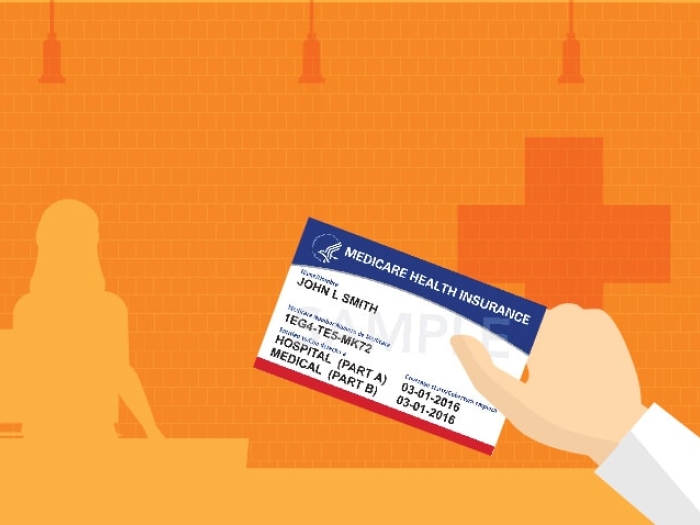
Health Lab
You can never be too careful about health-related fraud. What consumers should know about Medicare cards — and more.

Health Lab
A new model analyzes a wealth of information to better predict which patients are more prone to the dangerous infection.
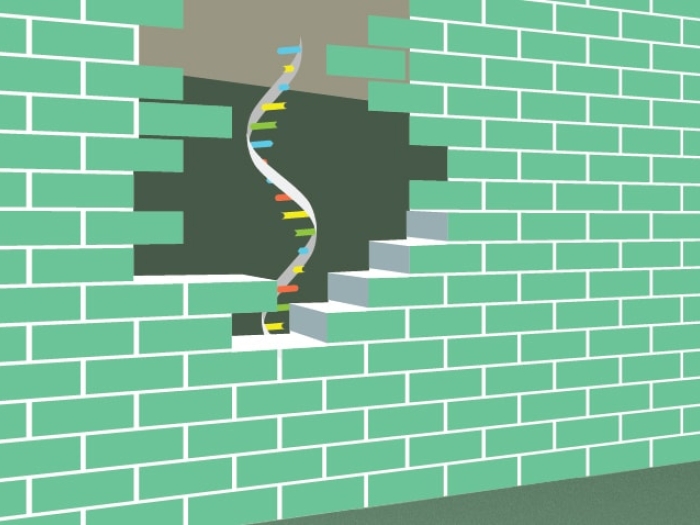
Health Lab
Stress granules help the body’s cells protect their most important messenger, RNA — a process that could give clues to cancer and other diseases.
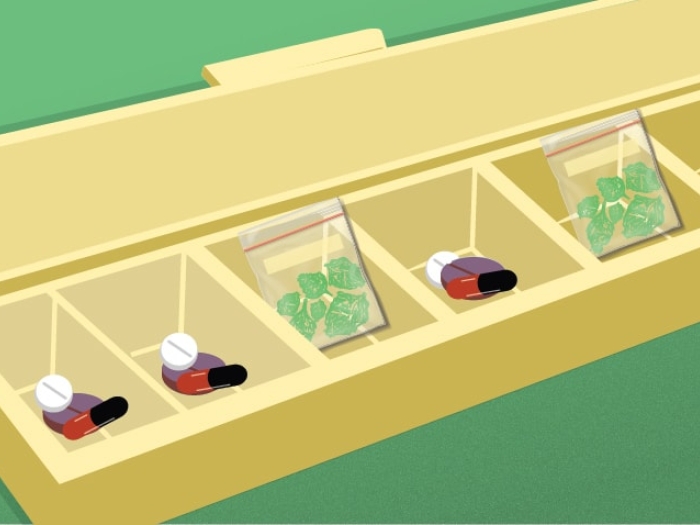
Health Lab
Read the results of a recent study finding that the majority of older adults support the use of medical marijuana for pain management when recommended by a doctor.
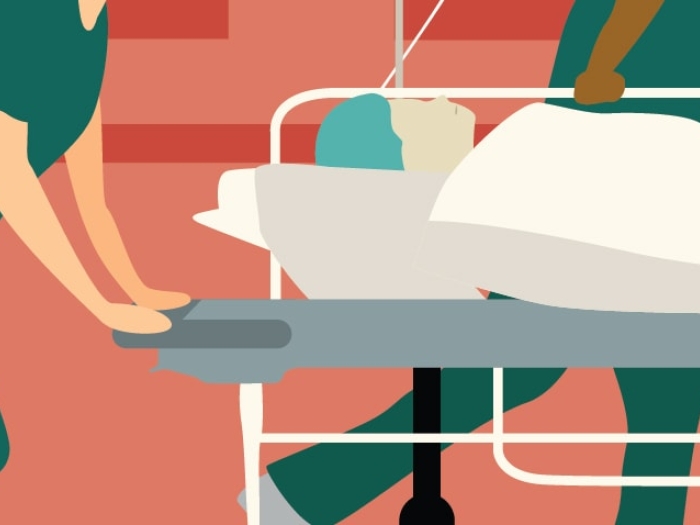
Health Lab
Recent discoveries about how the immune system reacts to injury - and the dire consequences if that response spirals out of control - could help improve trauma care.
News Release
With the tearing of an envelope, 162 University of Michigan medical students found out their fate today at noon, along with tens of thousands of their peers nationwide.
News Release
March Madness isn't just for basketball anymore at the University of Michigan. A U-M team has advanced to the quarterfinal round in another tournament, with their eyes on the championship.
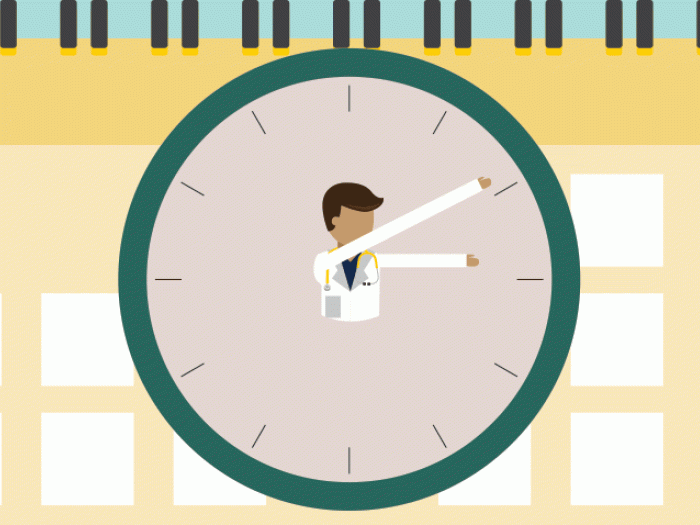
Health Lab
As a pilot study illustrates the effect of the medical intern year, researchers are seeking more graduating medical students to help add to the data.

Health Lab
A new report taps into national research, interviews with learners and examples of positive action by some schools to help inform suggested changes.
News Release
As opioid addiction and overdoses continue to take a horrific toll on America, a national leader with both personal and professional experience on the issue will speak about it at the University of Michigan on Thursday, March 22.
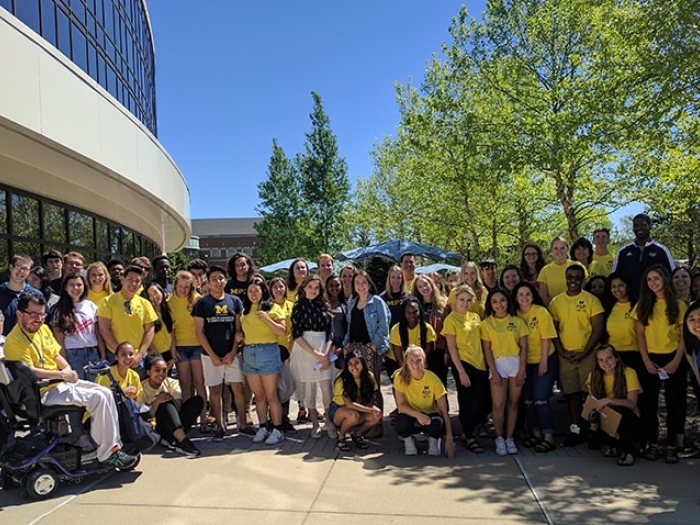
Health Lab
A student-led depression education program boosts other students' knowledge and awareness, a new study shows. Now, the resources are available to all online.
News Release
High school students can make a major impact on their schoolmates’ understanding of depression, and their attitudes about seeking help for themselves or others, according to a new study from the University of Michigan Depression Center.
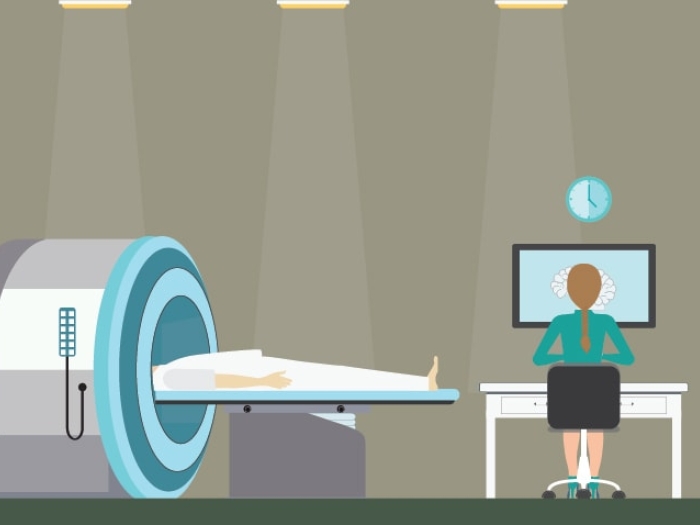
Health Lab
Many people over age 50 see a mismatch in what tests and treatments doctors recommend, and what they need and use, according to a new poll.
News Release
Doctors and older patients may disagree more often than either of them suspects about whether a particular medical test or medicine is truly necessary, according to findings from a new poll of Americans over age 50.

Health Lab
PICCs should be reserved for long-term use, but a new study shows 1 in 4 are inserted for five days or less with 1 in 10 of these leading to device-related complications.